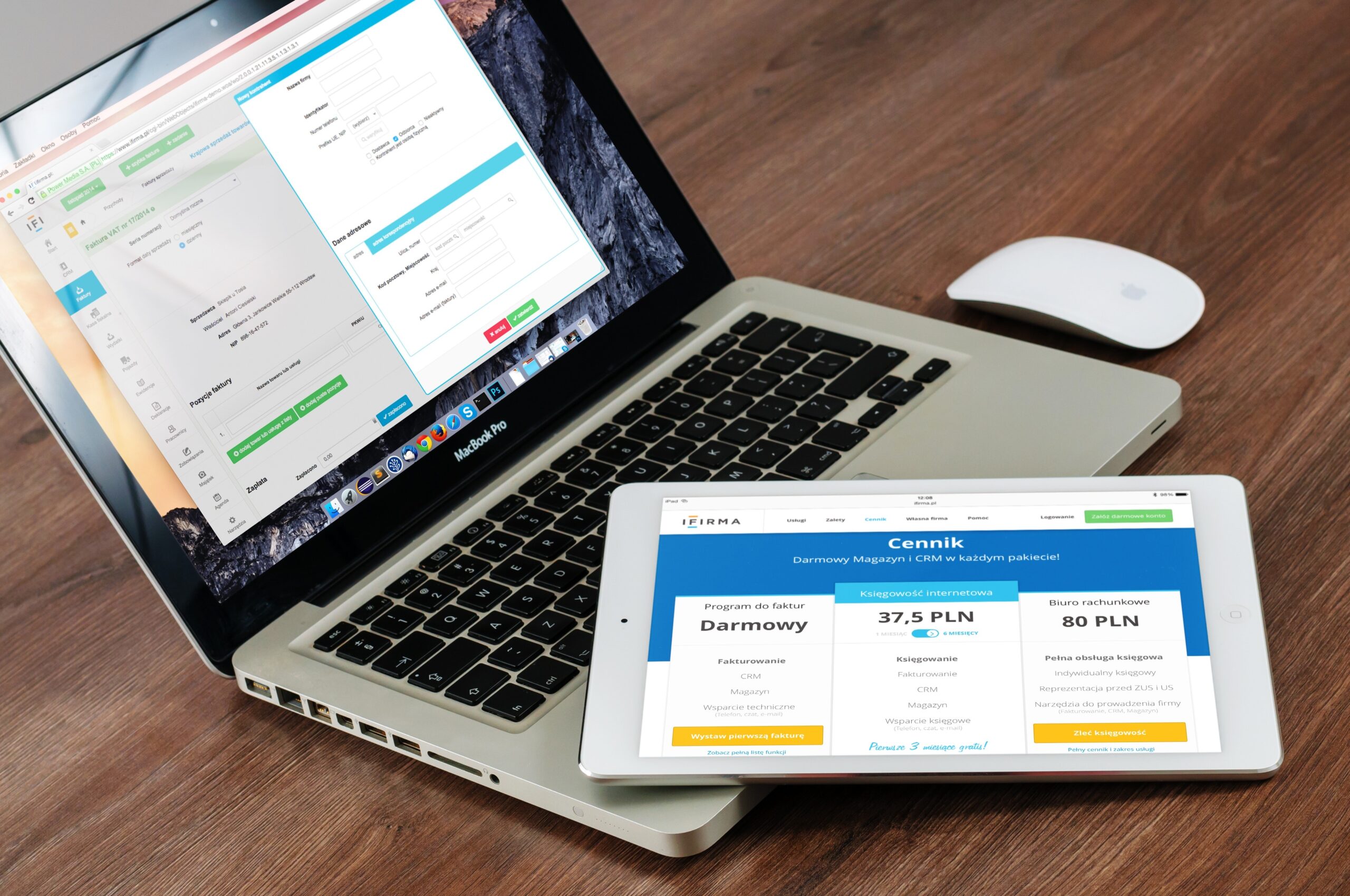1. Introduction
In the ever-evolving landscape of website development, WordPress has emerged as one of the most popular and powerful content management systems (CMS). With its user-friendly interface and a plethora of features, WordPress has been empowering individuals and businesses alike to create and manage their websites efficiently. This article aims to provide a comprehensive review of WordPress in 2023, focusing on its features, pros, and cons.
2. What is WordPress?
WordPress is an open-source CMS that allows users to build and manage websites without extensive coding knowledge. Launched in 2003, it has grown to become the backbone of over 40% of all websites on the internet. Its flexibility, scalability, and vibrant community make it an ideal choice for beginners and experienced developers alike.
3. WordPress Features
WordPress boasts a wide range of features that contribute to its popularity and versatility. Let’s explore some of its key features:
3.1 User-Friendly Interface
WordPress offers an intuitive and user-friendly interface, making it accessible to users of all skill levels. The dashboard provides a centralized control panel, enabling users to manage content, themes, plugins, and more effortlessly.
3.2 Customization Options
With thousands of themes and plugins available, WordPress offers extensive customization options. Users can choose from a vast library of themes to create visually appealing websites. Additionally, plugins allow for the addition of various functionalities, further enhancing the website’s capabilities.
3.3 SEO-Friendly Structure
WordPress is designed with search engine optimization (SEO) in mind. It generates clean and organized code, making it easier for search engines to crawl and index websites. Furthermore, numerous SEO plugins are available to optimize on-page elements, improve site speed, and enhance overall SEO performance.
3.4 Responsive Design
In today’s mobile-centric world, having a responsive website is crucial. WordPress themes are built with responsiveness in mind, ensuring that websites adapt seamlessly to different screen sizes and devices. This feature enhances user experience and improves search engine rankings.
3.5 E-commerce Capabilities
WordPress offers robust e-commerce capabilities through plugins like WooCommerce. Users can set up online stores, manage inventory, process payments, and create personalized shopping experiences, making it an ideal platform for businesses looking to sell products or services online.
4. Pros of WordPress
WordPress offers numerous advantages that have contributed to its widespread adoption. Let’s explore some of its key pros:
4.1 Ease of Use
One of the most significant advantages of WordPress is its user-friendly interface. Whether you’re a beginner or an experienced developer, WordPress allows you to create and manage websites with ease.
4.2 Extensive Customization
With thousands of themes and plugins, WordPress offers unparalleled customization options. You can customize the look and functionality of your website to suit your specific needs, without the need for extensive coding knowledge.
4.3 Strong Community Support
WordPress has a vibrant and active community of developers, designers, and users. This community support ensures that you can find assistance, guidance, and resources whenever you need them.
4.4 SEO-Friendly
WordPress websites are built with clean code, making them search engine friendly. Combined with various SEO plugins, WordPress empowers you to optimize your website for better search engine
visibility and rankings.
4.5 Scalability and Flexibility
Whether you’re building a personal blog or a large-scale business website, WordPress can handle it all. It offers scalability and flexibility, allowing your website to grow and adapt as your needs evolve.
5. Cons of WordPress
While WordPress has numerous advantages, it’s important to consider its limitations as well. Let’s explore some of its cons:
5.1 Learning Curve
Although WordPress is user-friendly, there is still a learning curve involved, especially for beginners. Understanding the various features, themes, and plugins may require some time and effort.
5.2 Security Vulnerabilities
WordPress’s popularity makes it an attractive target for hackers. While the core software is secure, vulnerabilities can arise from poorly coded themes and plugins. Regular updates and security measures are necessary to mitigate potential risks.
5.3 Plugin Compatibility
With the vast number of plugins available, compatibility issues can arise. Incompatibilities between plugins or with the WordPress core can lead to functionality conflicts, affecting the overall performance of the website.
5.4 Regular Updates
WordPress releases regular updates to enhance functionality, security, and performance. While updates are crucial, they require periodic maintenance and may sometimes cause compatibility issues with older themes or plugins.
5.5 Customization Limitations
While WordPress offers extensive customization options, certain limitations may arise when you have specific design requirements that cannot be fulfilled by available themes or plugins. In such cases, custom development may be necessary.
6. WordPress in 2023
As we move into 2023, WordPress continues to evolve and improve. New features, enhancements, and security updates are constantly being introduced to ensure optimal performance and user satisfaction. With the continued support of its community, WordPress remains a dominant force in the CMS landscape.
7. Conclusion
WordPress has cemented its position as a leading CMS by offering an array of features, ease of use, and customization options. While it has its pros and cons, the benefits of using WordPress outweigh the limitations for most users. As we look ahead to 2023, WordPress remains a powerful platform for creating and managing websites of all sizes and complexities.
8. FAQs
Q1: Is WordPress only for blogging?
No, WordPress has evolved from its origins as a blogging platform. It can be used to create any type of website, including business websites, e-commerce stores, portfolios, and more.
Q2: How much does WordPress cost?
WordPress itself is free to use. However, you may incur costs for hosting, premium themes, and plugins, depending on your specific needs.
Q3: Can I migrate my existing website to WordPress?
Yes, it’s possible to migrate your existing website to WordPress. There are tools and plugins available to simplify the migration process.
Q4: Is WordPress secure?
WordPress takes security seriously and regularly releases updates to address vulnerabilities. However, ensuring the security of your WordPress website also depends on implementing best practices, such as using secure plugins and themes and keeping everything up to date.
Q5: Can I make money with WordPress?
Yes, there are several ways to make money with WordPress. You can monetize your website through advertising, sponsored content, selling products or services, or even by offering WordPress-related services like web design or development.




